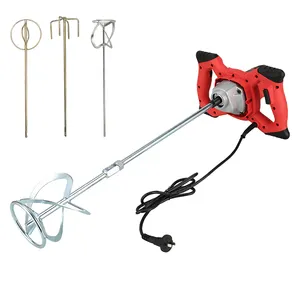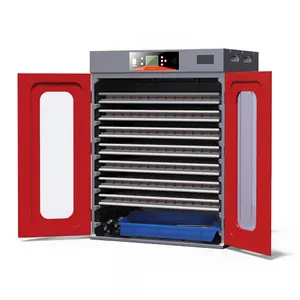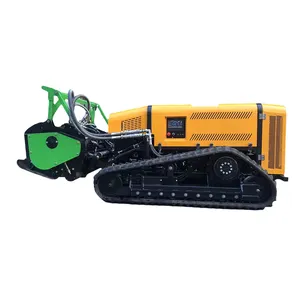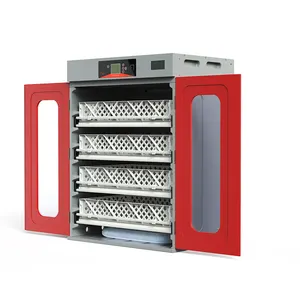Popular in your industry




















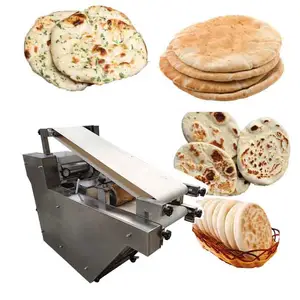
































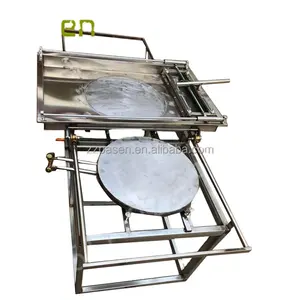

















Related Searches:






































































































Top categories
About commercial roti machine
Introduction to Commercial Roti Machines
The commercial roti machine stands as a cornerstone in the culinary equipment sector, particularly for establishments focusing on Indian cuisine. These machines cater to the high-demand production of rotis, a staple in many diets worldwide. Designed for efficiency and consistency, they are an essential asset for restaurants, catering services, and food factories.
Types and Applications
There are various models of roti making machines tailored to different business needs, ranging from compact countertop designs for small eateries to industrial-sized versions for mass production. Their applications are diverse, enabling the production of not just rotis but also tortillas, wraps, and other flatbreads, making them versatile pieces of equipment in the food industry.
Operational Features
The operational features of a roti maker machine include automated dough feeding and rolling systems, temperature-controlled plates, and customizable size and thickness settings. These features streamline the roti-making process, significantly reducing manual labor and time expenditure.
Construction and Durability
Constructed from durable materials, automatic roti makers are built to withstand the rigors of a commercial kitchen environment. The robustness of these machines ensures longevity and consistent performance, which is crucial for businesses that rely on daily production.
Efficiency and Productivity
Efficiency is at the forefront of the design for commercial chapati making machines. They are engineered to optimize energy consumption, which can lead to reduced operational costs. The productivity gains from using such equipment can be significant, as they can produce a high volume of rotis within a short time frame.
Environmental Considerations and Maintenance
Modern commercial roti machines are designed with environmental considerations in mind, often featuring energy-saving modes and eco-friendly materials. Maintenance is simplified through the availability of replaceable parts and straightforward cleaning processes, ensuring the machines remain in optimal condition.
